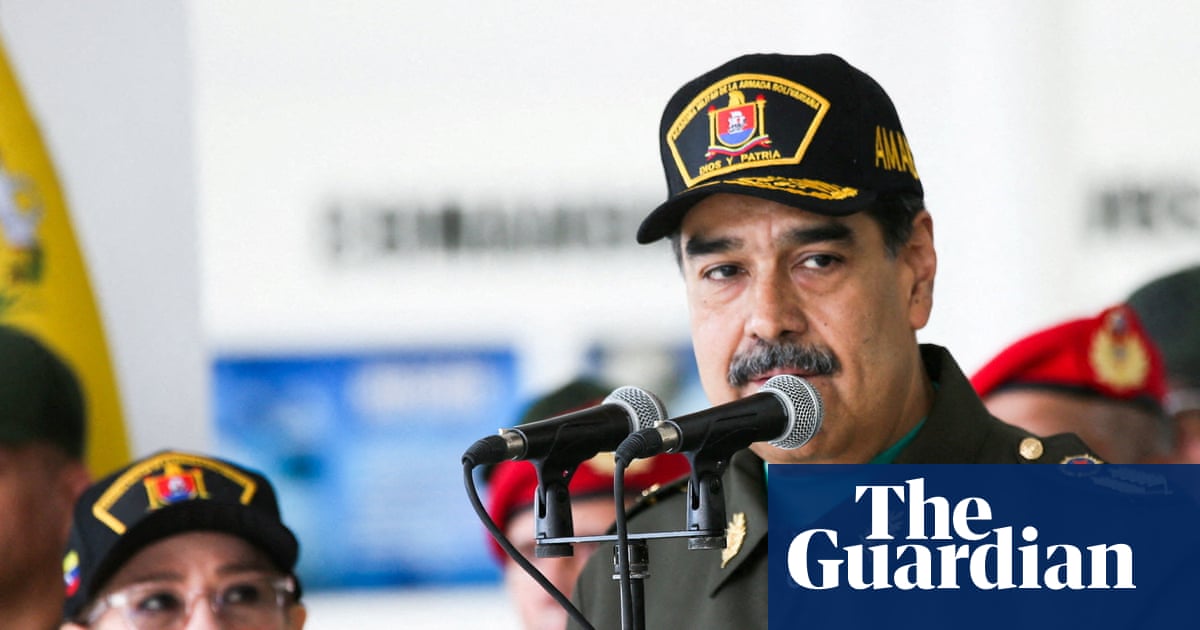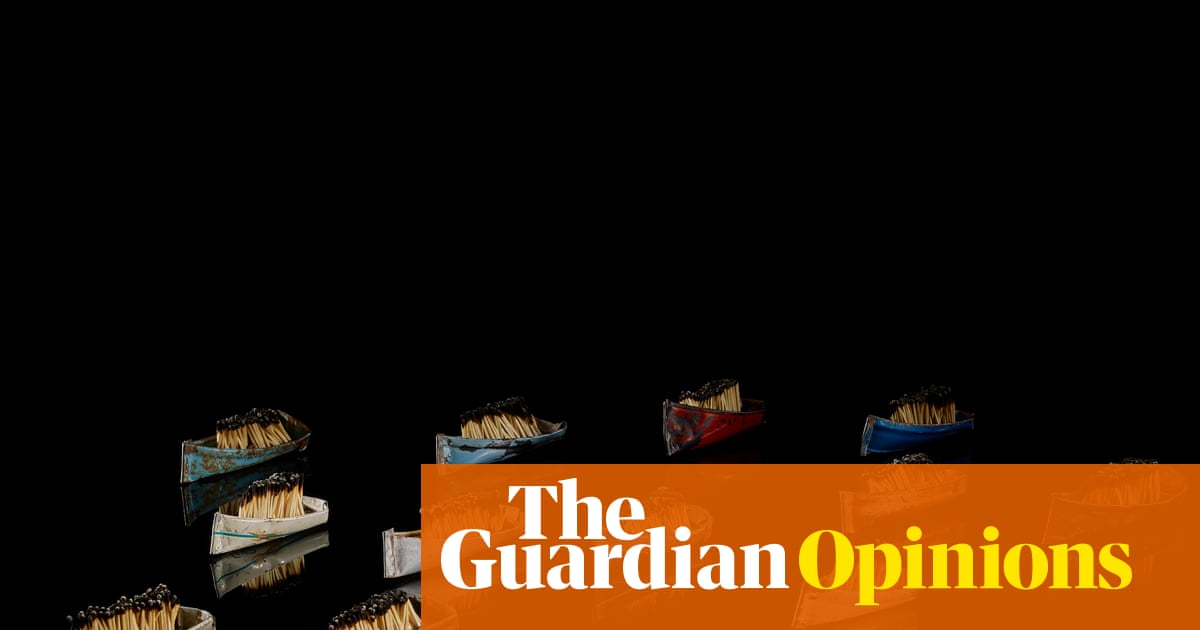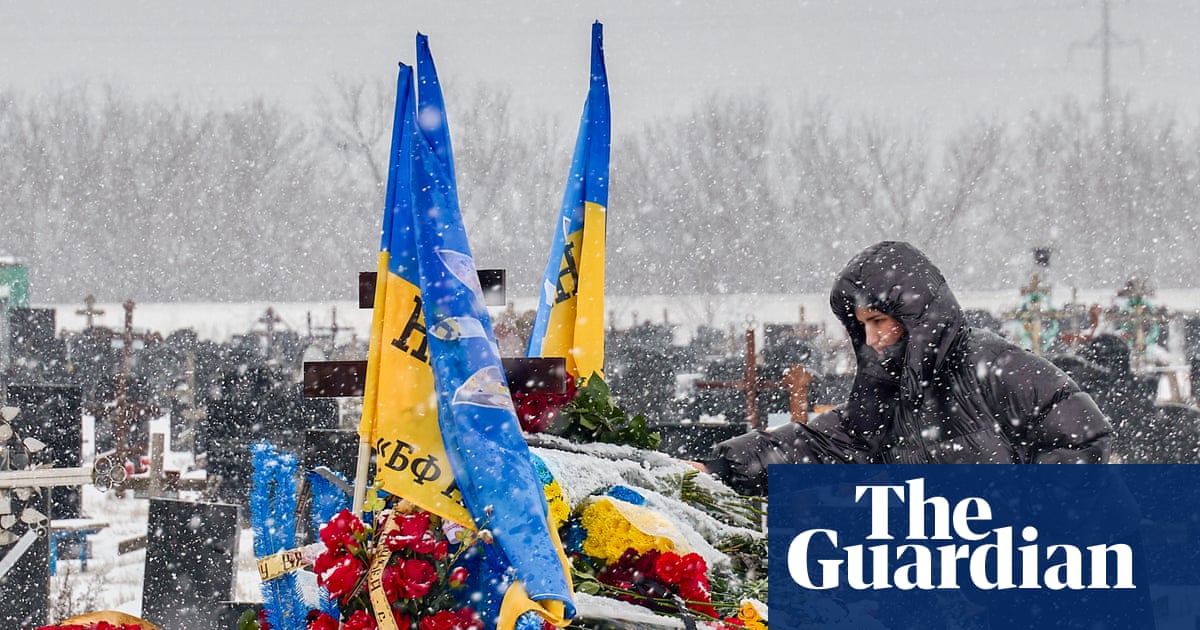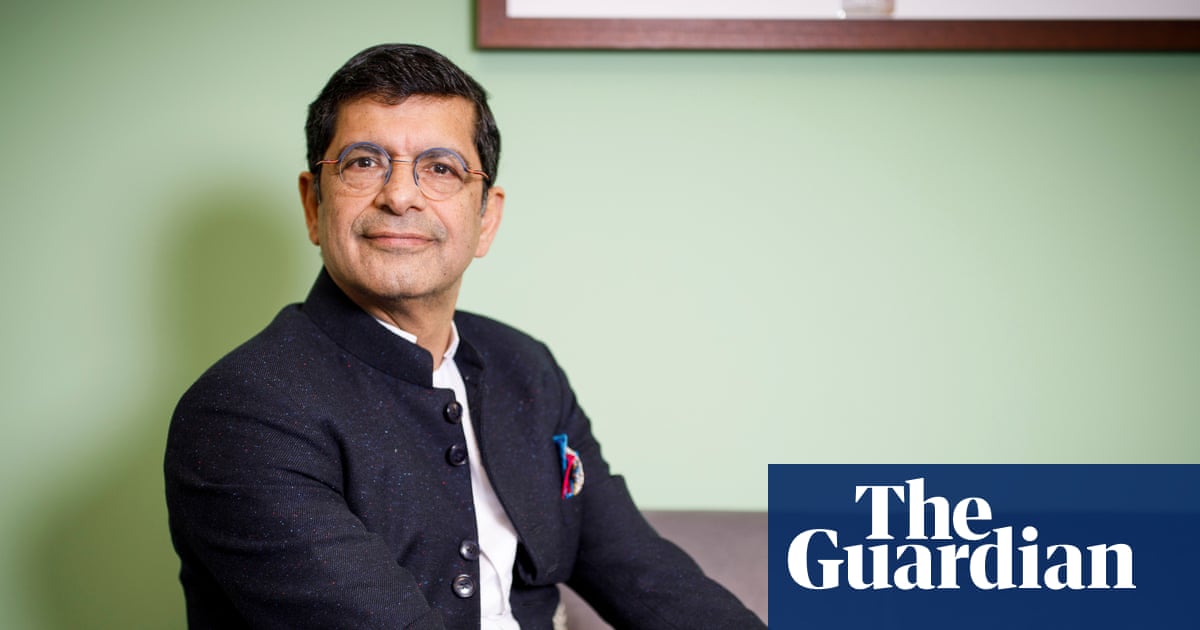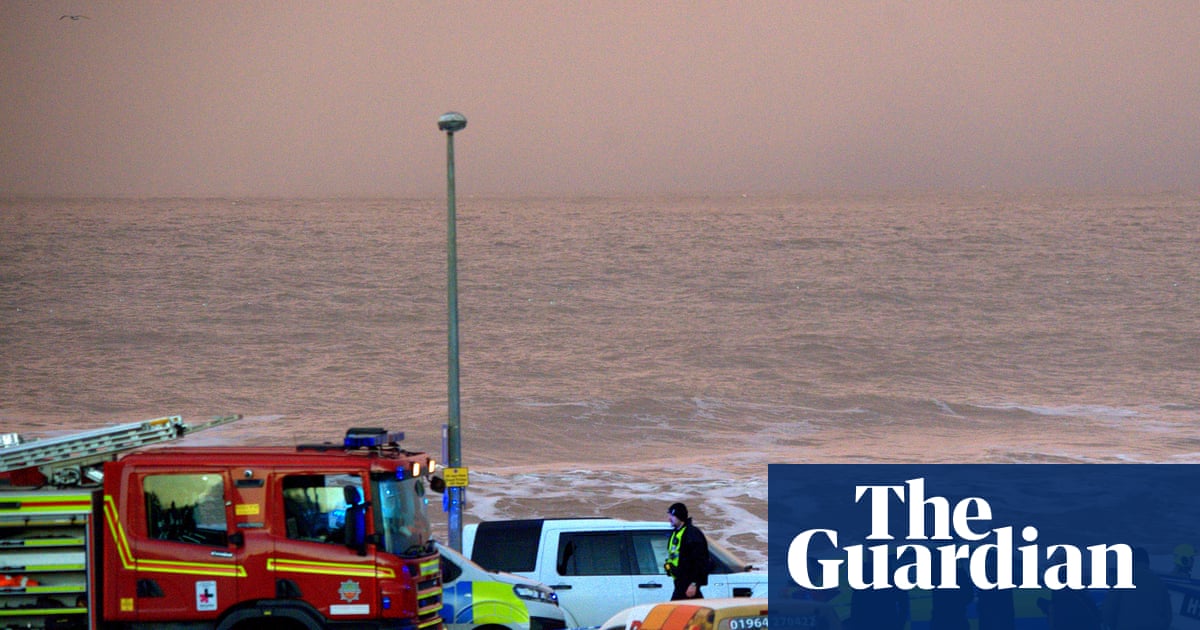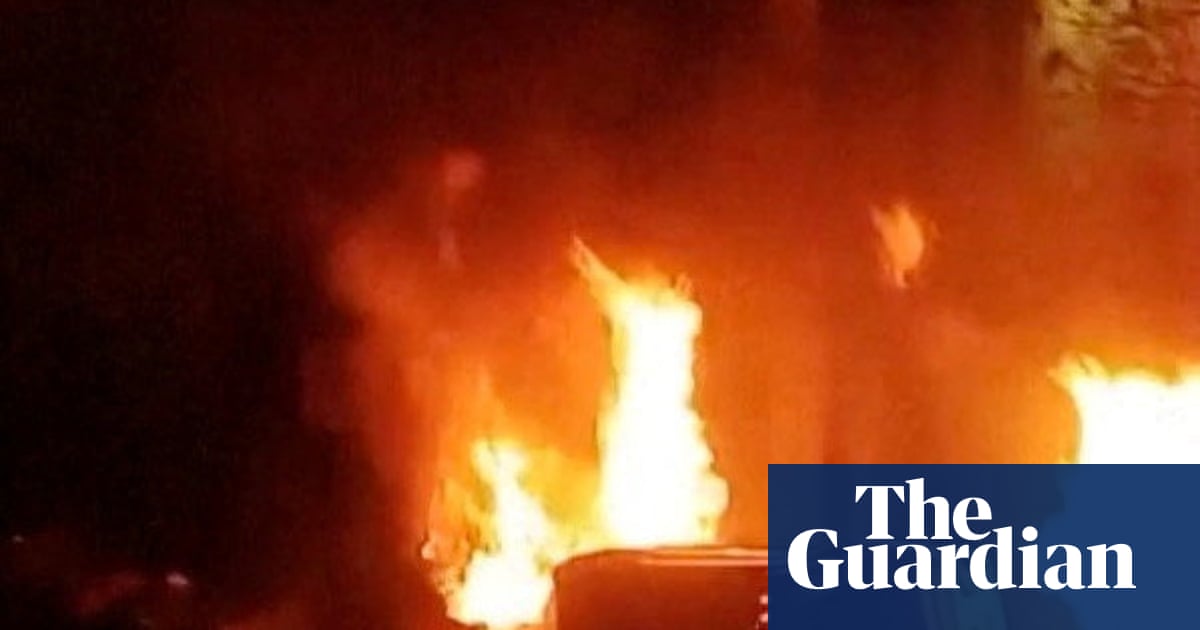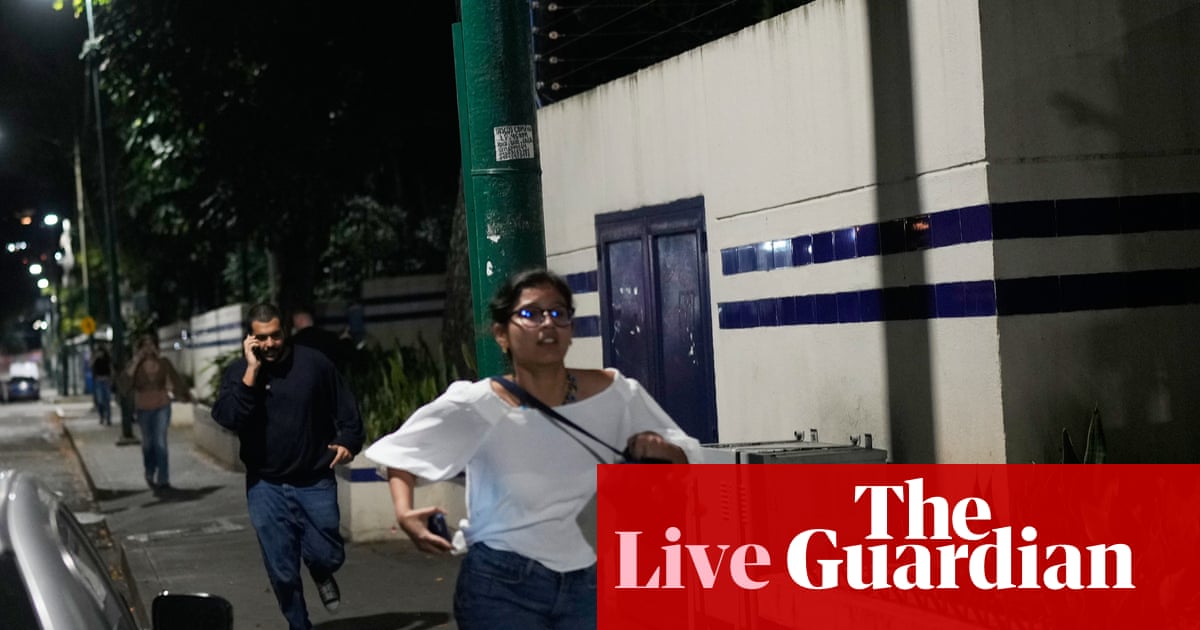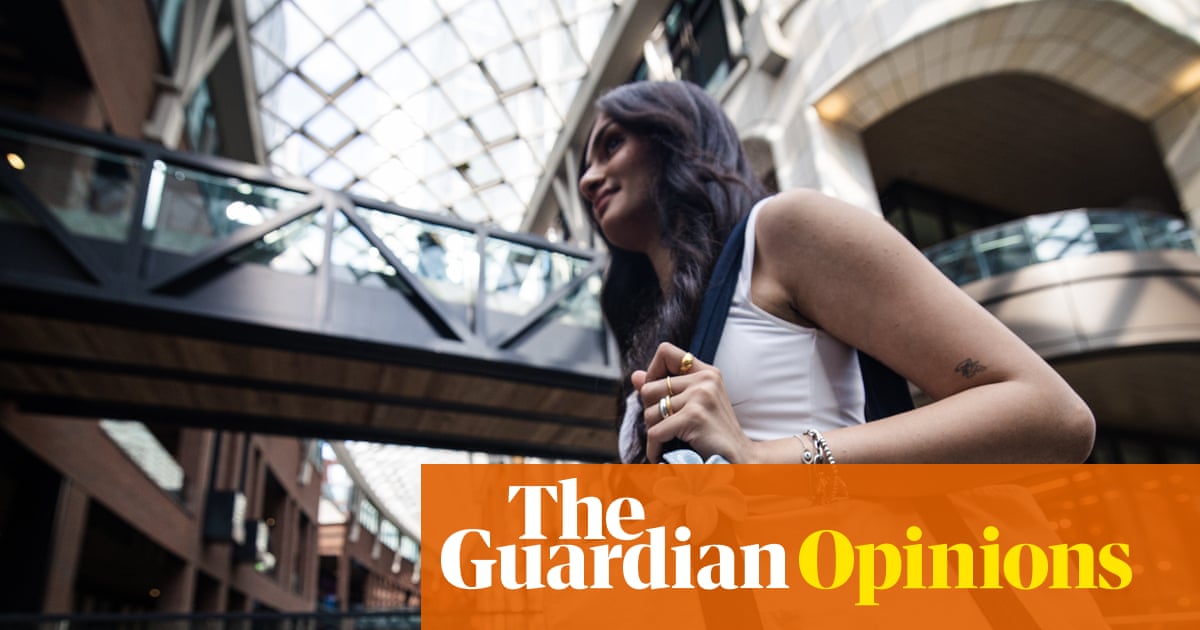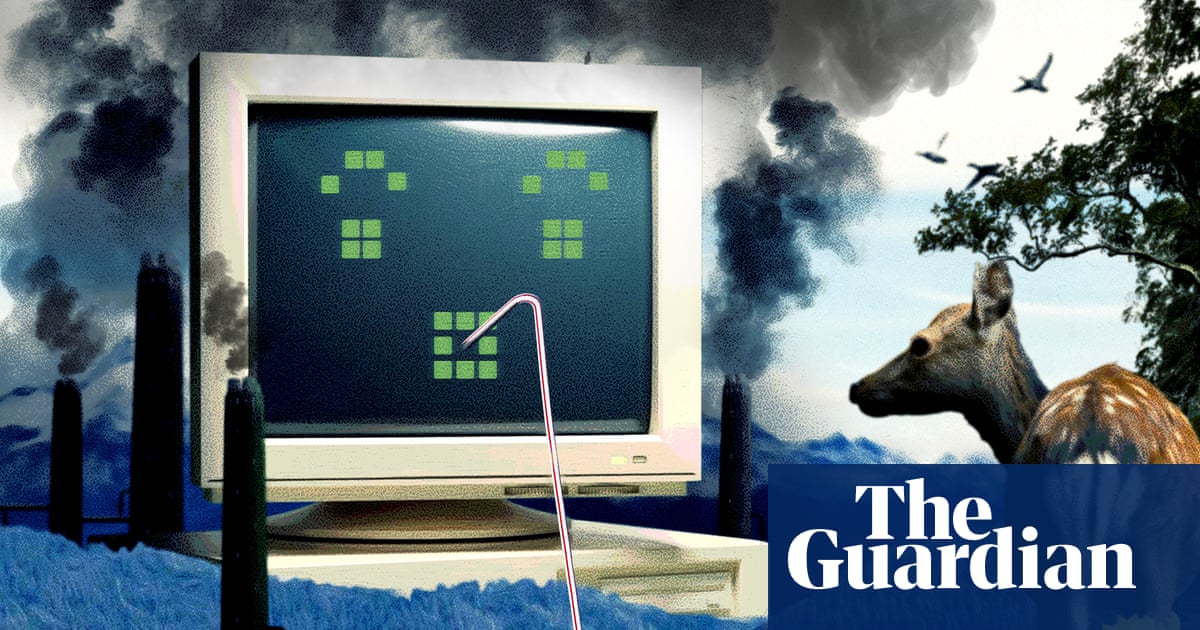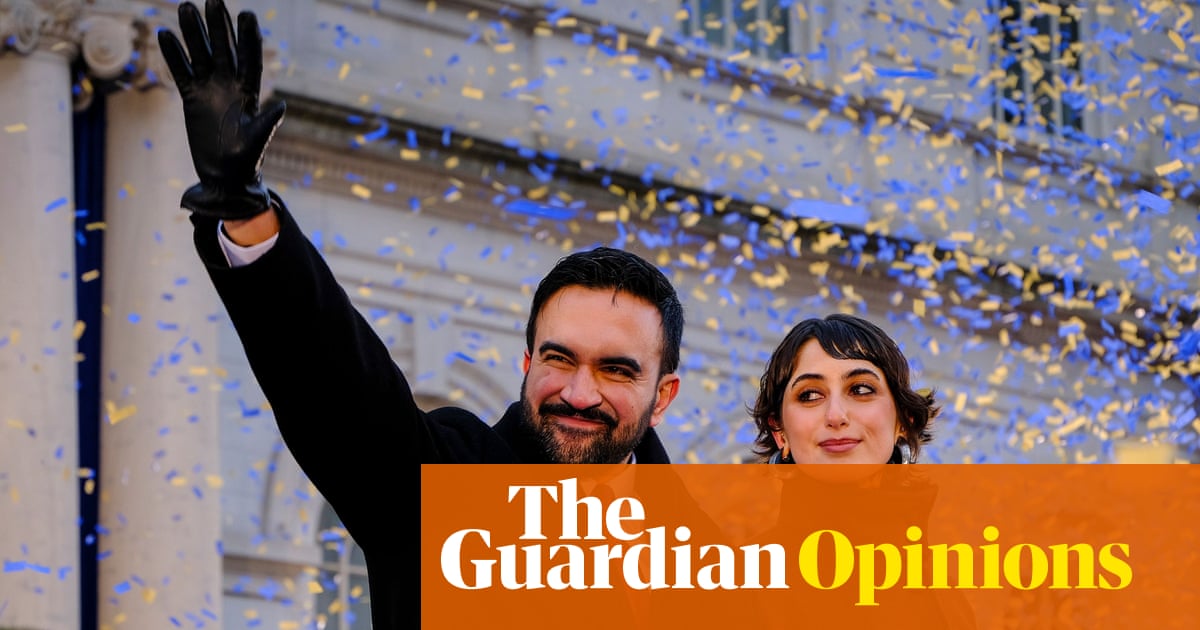Gulf leaders meeting at an emergency summit in Qatar have called on the Trump administration to use its leverage to rein in Israel after the unprecedented Israeli attempt last Tuesday to assassinate Hamas negotiators in Doha.
Speaking after the meeting of the Gulf Cooperation Council (GCC), the group’s secretary general, Jasem Mohamed al-Budaiwi, said: “We … expect our strategic partners in the United States to use their influence on Israel in order for it to stop this behaviour … They have leverage and influence on Israel, and it’s about time that this leverage and influence be used.”
The attack killed five Hamas officials and was denounced on Monday by Qatar’s emir, Sheikh Tamim bin Hamad al-Thani as “a cowardly and treacherous attack on Qatar’s sovereignty”.
He said: “Israel claims that it’s a democracy surrounded by enemies when it’s in fact a colonial occupation carrying out crimes without limit”.
In a statement at the end of the summit, the GCC said their unified military command will be instructed “to take the necessary executive measures to activate joint defence mechanisms and Gulf deterrent capabilities”.
An assessment will be made of the “Council’s defence posture and sources of threat in light of the aggression against Qatar,” the statement read without providing further details.
GCC’s defence ministers meet regularly, but the Joint Defence Council has only been activated in this way twice before in 1991 against Iraq and again in 2011 during the Arab Spring.
The main statement from the emergency summit rallied Arab and Muslim leaders in support of Qatar, but always risked being stronger on rhetorical condemnation of Israel than practical actions, and the leaders held back from any immediate economic or political reprisals against Israel such as suspension of the Abraham accords, the 2020 agreement that saw five Arab states including the United Arab Emirates normalise their relations with Israel.
The absence of any specific reprisals in the joint statement will come as a relief to the US which has been trying to prevent a total collapse in Arab-Israeli relations, or even an escalation of the conflict. But the discussion due to be held by the GCC unified defence command could see some Arab voices calling for states in the region to end their dependence on the US as a security blanket.
Arab leaders have been shocked Donald Trump has not shown more willingness to stop what they regard as Israel’s clear attempt to expand its territory, including mass displacement of Palestinians in Gaza and the West Bank. Their mood will not be eased by reports from Israel that Benjamin Netanyahu gave Donald Trump an earlier warning of the attack on Qatar than Trump has previously acknowledged.
Many Gulf leaders said they now need clear proof that Trump is going to rein in Netanyahu.
Israel has not apologised for the attack that killed five Hamas members including the son of its exiled chief and has instead insisted it still regards Hamas leaders a legitimate target in whatever sovereign territory they seek refuge.
Qatar – with US blessing – had hosted Hamas political leaders for more than a decade as part of its role as a mediator in the Israel-Palestinian conflict. The presence of almost all the senior Gulf and Islamic leaders at the summit displayed a determination to show solidarity with the mediation role of Qatar, a state that in the recent past found its foreign policy led to isolation inside the Gulf.
In the joint statement, the leaders condemned Israel’s treacherous and flagrant Israeli aggression against its sovereignty. The summit also reiterated a categorical rejection of attempts to justify the Israeli aggression against Doha under any pretext and Israel’s repeated threats of targeting Qatar again.
The statement offered support for the efforts of mediators Qatar, Egypt, and the US to halt the aggression on Gaza, noting that the attack aims to undermine mediation efforts toward a ceasefire.
Israel, the statement read, was seeking “to impose a new reality in the region”. Masoud Pezeshkian, the president of Iran, the country most supportive of Hamas and which fought a 12-day war with Israel in June, said “no Arab or Islamic country is safe from the attacks of the Zionist regime [Israel] and we have no choice but to unite our ranks”.
Abdel Fattah el-Sisi, the president of Egypt, a US ally which signed a peace treaty with Israel in 1979, said Israel’s actions “put obstacles in the way of any opportunities for any new peace agreements and even aborts existing ones”.
Before the summit, Qatar had been pressing the UAE to take some kind of symbolic step to distance itself from Israel such as expelling the Israeli ambassador to the UAE.
At the summit, Sheikh Mansour bin Zayed, the chair of the UAE presidential court, said Qatar “is not standing alone” and that “the united voice of Arab and Islamic countries today must lead to change”, the state news agency Wam reported.
The Lebanese president, Joseph Aoun, said the real target of recent Israeli aggression was mediation efforts and the principle of solutions through dialogue.
“The aim of the attack was not an attempt to assassinate negotiators. Rather, it was to eliminate the very idea of negotiation,” he said.
Turkey’s president, Recep Tayyip Erdoğan, said that Israel’s attack on the Hamas negotiating team in Qatar had taken “Israel’s banditry” to a different level.
“We are facing a terrorist mentality that feeds on chaos and blood, and a state that embodies it,” he said.

 3 months ago
61
3 months ago
61

